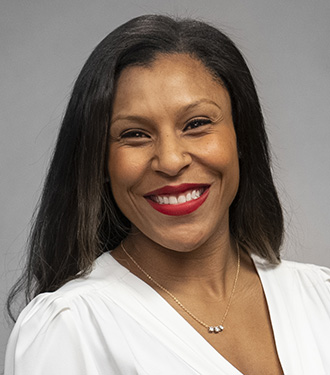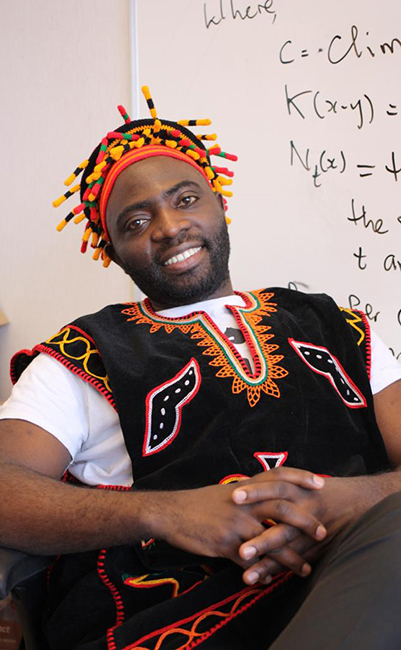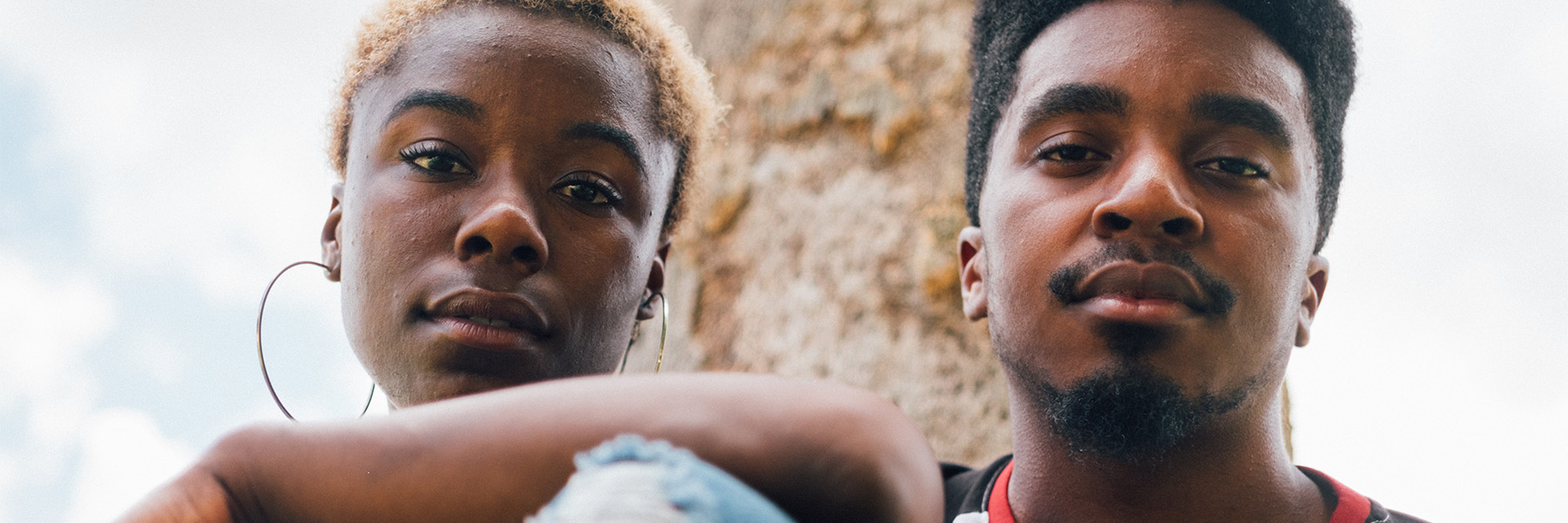For years, educational institutions have contributed to the marginalization, racialization and vilification of Black youth. Faculty of Education Professor Carl E. James is out to change that reality and doing so with help from an interdisciplinary team and a three-year grant provided by RBC.
By Elaine Smith
“Ensuring that Black students have equitable access to opportunity is critical to building strong, inclusive communities,” said Mark Beckles, vice-president, social impact & innovation for RBC, the bank behind a three-year grant to improve the future of Black youth.

The grant funds a project being led by Professor Carl E. James, the Jean Augustine Chair in Education, Community and Diaspora in the Faculty of Education and the University’s senior advisor on equity and representation. The endeavour will assist high school students as they plan for their future and aid in the transition and retention of those who pursue university degrees.
Education is a logical starting point, noted James. His research has shown that “educational institutions have long contributed to the marginalization, racialization and vilification of Black youth,” so their systemic barriers require attention.
In spearheading the RBC project, James is working in partnership with four other Canadian universities: British Columbia, Calgary, Dalhousie and McMaster. Each university will pursue its own project to provide Black youth with support and encouragement. The project leads at these universities are Black academics themselves, bringing the mantra “If you see it, you can be it” to life.
“Over the years, a lot of programs were established to expose students to opportunities, such as introducing them to role models and mentors, but in terms of the number of students pursuing STEM careers, for example, not much has really changed,” James said. “At York, we know that up to 50 per cent of Black students never graduate. Why? What can we do differently to achieve change? Let’s document what works and what doesn’t.”
Added Anika Forde, the research project manager, “We want to better understand the experiences of Black Canadian youth and identify the areas where they need more, or even tailored supports so they can succeed. We also plan to support Black talent by having Black students on our team as research assistants so they can learn and grow their own resumes and network.”

The project was officially launched in Oct. 2021 with the Black faculty of the partner institutions. At Dalhousie and McMaster, the leads are planning immersive summer camps for Black youth interested in STEM. UBC has created a program that brings high school students to campus to listen to speakers, see role models and become familiar with a university setting, discussing topics relevant to them and answering questions they may have as they navigate their education and make decisions that impact their futures.
At York University, James will be working with groups of students (from athletics, business, engineering, psychology and science), noting their experiences as they navigate university life and understanding their challenges in order to determine what adjustments are required to support their success. The students themselves will also report on their experiences, assessing who and what has been instrumental in helping them reach their goals in order to help students following behind them and to inform programming so it can address the needs and realities of Black youth.
“This will help us develop programs that are applicable, responsive and relevant to students’ needs and interests,” said James. “We’ll be able to see weaknesses in what we’re currently doing and possibilities we haven’t yet considered.”
One of those possibilities will get underway later this month. James is working with Jude Kong, an assistant professor in the Department of Mathematics and Statistics and the director of the Africa-Canada Artificial Intelligence and Data Innovation Consortium (ACADIC), to create small “families” of Black students in science and engineering as a way of providing them with mutual encouragement and support. Kong originated one of these families in his own department last year, bringing together Black math students for regular gatherings to do homework, discuss problems and assist each other.

“There weren’t many Black students in any of my classes, so I identified those in my department and provided a community they don’t otherwise get,” said Kong. “We meet weekly to study and bi-weekly to have fun conversations, discuss concerns and voice our opinions. The students also chat with each other online, assist each other with homework and talk about classes. They discuss ideas and solutions. It’s a micro-family for those who have left home.”
“It’s a chance for sharing their difficulties with others who have had similar experiences. It’s a judgment-free zone where they can be comfortable and don’t feel as if they are less capable than others, so learning can take place.”
Kong notes that some of the Black math students were considering abandoning their studies, but things have turned around.
“I didn’t expect this to be as successful as it is,” he said. “As we enlarge the scope of this effort, we hope to be able to connect some of the concerns that arise to policy-makers.”
He is eager to offer Black students a better template for success.
“It’s just by chance that I got to where I am,” Kong said. “If I can uplift students who grew up like me, change the family tree of some people in my community and provide them with what I didn’t have, they, too, can experience success.”
Kong will also assist James by surveying Black students annually over the next three years of the project – middle schoolers, high schoolers and university students – to gain additional insights into their experiences and the supports students need.
In addition, Forde points out that there is also a plan to have a national Black youth council that brings together youth from across the country for dialogue and to inaugurate a conference.
“The big picture is that the RBC project is just a starting point for the discussions we need to be having,” Forde said. “We will be – and are – listening to young Black voices so we can truly understand what they need to be successful.
“We want to help Black students be the best at whatever interests them, giving them the tools and supporting them to succeed, as well as the opportunities to move beyond systemic barriers so they can fulfil their potential. Perhaps as we continue this journey, the lessons learned and insights we gain can allow for critical dialogue on existing gaps, challenges and what we can do better to help inform policy and bring about change to address systemic barriers we know Black youth experience.”


